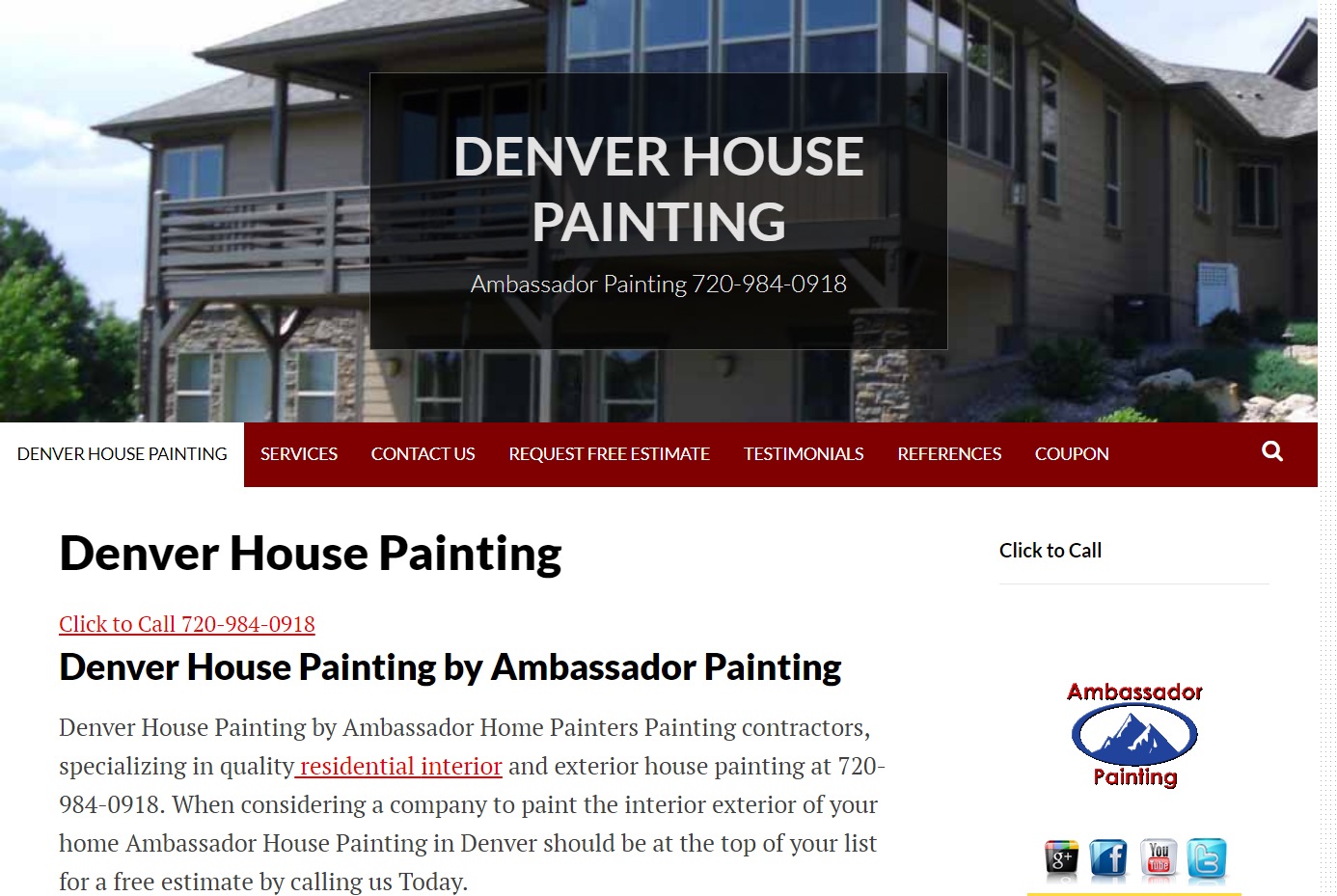Good contracts include descriptions of prep work and repairs; paint specs by brand name, type, color and product number; the number of coats; and a full description of the work, including frequently omitted items such as cabinet interiors and shutters. Minimize delays by specifying that, weather permitting, work will be continuous. Get a payment schedule that minimizes the down payment — the more payment you can withhold until the end, the more leverage you'll have to get the job done well and per your specifications. Insist that contractors provide proof that they carry both general liability and workers' compensation coverage.
We start with a consultation between your family and our experts. Whether you contact us on our website or call us to get the ball rolling, we can work with you to select colors, sheen options, and estimates for your project. We will discuss budget and preferences as we discover the best option for each surface in your home, outline the number of coats needed, and outline prices for each service including add ons. With John Moore, there are no hidden fees or costs to threaten your project’s budget. We even provide family friendly financing options so that you can get started on your dream renovation now and split payment into several manageable, easy installments.
I did go with the highest bidder and it did not matter. They did a shoddy job and threatened to take me to court when I pointed out mistakes that they made based on their work standards stated on the quote. I have not paid them yet, just filed a complaint with the BBB. No money down asked, no contract signed. The boss stated I have to high of expectations just because I live in a 121 year old house!

